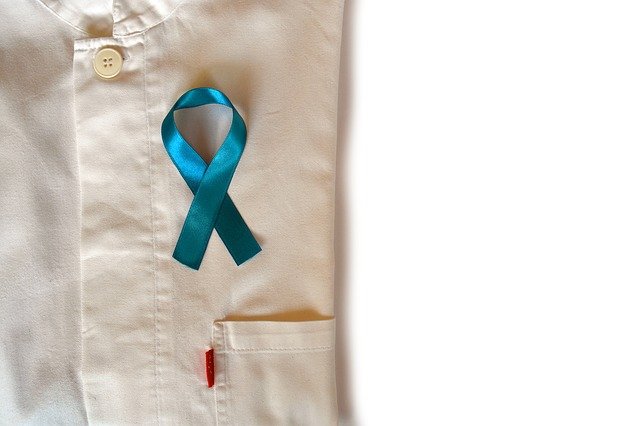
In a new study, researchers found that men with prostate cancer assigned to eat seven or more servings of vegetables and fruits daily saw no extra protection from the disease.
This means eating more vegetables will not alter the course of prostate cancer. It will not suppress or cure it.
The research was conducted by a team at the University of California San Diego.
National guidelines recommend that men with prostate cancer eat a vegetable-rich diet, suggesting it might decrease cancer progression and death.
In the study, the team examined 478 men aged 50 to 80 years at 91 sites in the United States.
The patients had been diagnosed with early-stage prostate cancer and enrolled in an active surveillance program in which patients defer immediate treatment until the disease advances.
Patients were randomized to a control group that received written information about diet and prostate cancer or to a telephone counseling behavioral intervention program that encouraged participants to eat foods high in carotenoids, such as leafy greens, carrots and tomatoes, and cruciferous vegetables such as broccoli and cabbage.
Both groups were monitored for two years.
The team found men assigned to the intervention strongly increased their intake of fruits and vegetables than the control patients did.
Nonetheless, these data fail to support prevailing assertions in clinical guidelines and the popular media that diets high in micronutrient-rich vegetables improve cancer-specific outcomes among prostate cancer survivors.
The team says while eating a healthy diet rich in fruits and vegetables and getting more exercise may not cure cancer, it may keep the body stronger and healthier, which may help patients tolerate cancer treatments.
It’s still an endeavor worth considering, possibly in patients with advanced prostate cancer.
The lead author of the study is J. Kellogg Parsons, MD, School of Medicine and Moores Cancer Center professor of urology.
The study is published in JAMA.
Copyright © 2019 Knowridge Science Report. All rights reserved.



